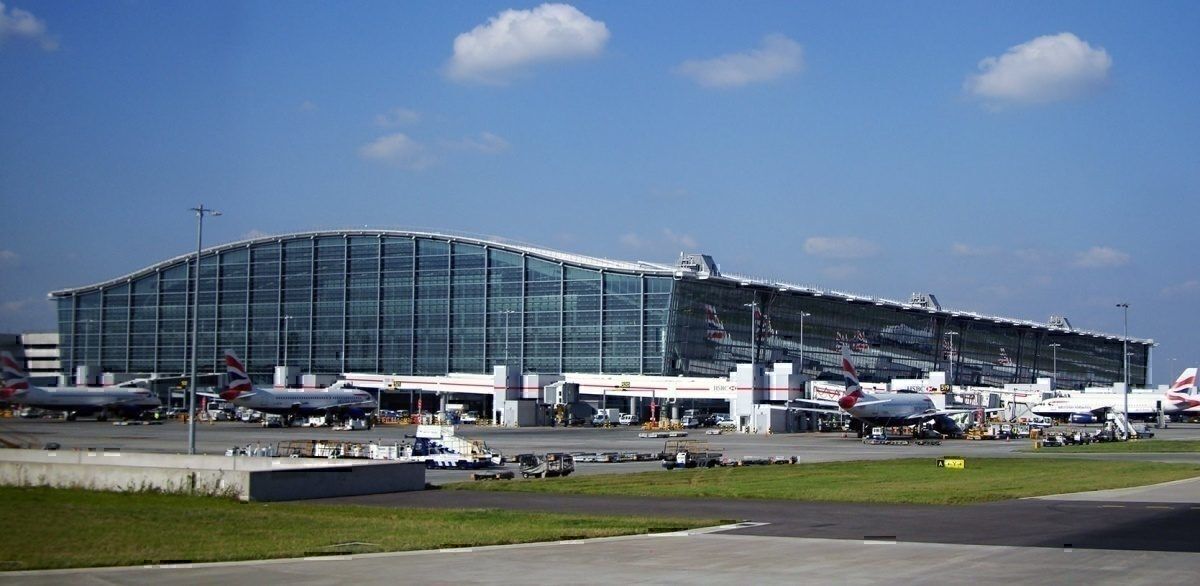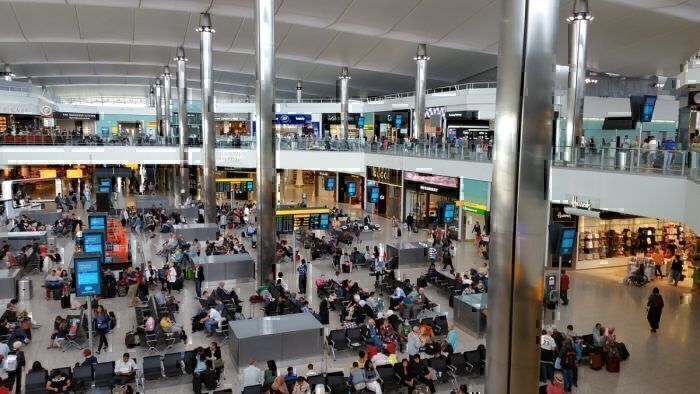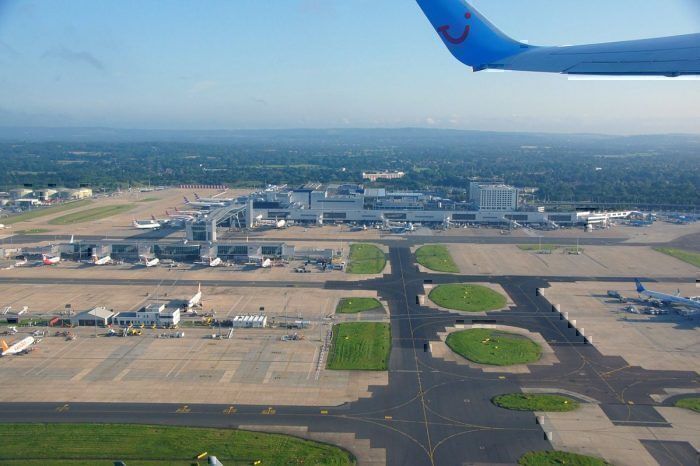The government of the United Kingdom have unveiled a £300 million investment to develop greener forms of air transport. The Future of Flight Challenge scheme will see both government and commercial institutions align to launch new technologies by 2025.
ATW Online reports that the government-industry joint project will aid movements for cleaner forms air travel. This includes the progression of sustainable alternative fuels, along with electric aircraft and autonomous airliners.
Joint venture
The Future of Flight Challenge will see the government supply £125 million for the cause. The industry will then raise this figure and co-invest the remaining £175 million. The core of this budget will use to develop new technologies within aviation commerce. These consist of urban air taxis, larger electric passenger airliners and cargo drones.
Meanwhile, the UK’s Engineering and Physical Sciences Research Council will award a further £5 million to five university research networks. These will be led by the Universities of Cardiff, Durham, Leeds, Birmingham and UCL. The goal of the programs is to develop cleaner fuels and reduce harmful emissions.
High hopes
A presentation by the UK’s Aerospace Technology Institute for a January workshop defined the specifics of the challenge.
By 2021, they seek the creation of a synthetic environment to enable demonstration of an artificial intelligence airspace management system. Beyond Visual Line of Sight (BVLOS) autonomous drone services operating in UK airspace are also planned for 2023.
In addition, they seek the demonstration of large scale UK airports capable of operating a commercial sub-regional electric aircraft within four years.
The networks will definitely look for the most effective ways to implement these new technologies in their delicate environments. The use of electronic flying devices around airports is already a sensitive issue. Earlier, this year, protestors attempted to bring Heathrow Airport to a standstill using drones. Extinction Rebellion was looking to raise climate change awareness and stop Heathrow’s plans to build a third runway.
This followed the three-day disruption of Gatwick Airport in December last year due to drone sightings. As a result, the drone sightings caused the disruption of 140,000 passengers and 1,000 flight.
Ultimately, the ATI says that challenge has the potential to unlock new aviation markets worth over $2Tr and enhances UK prospects in the $17Tr conventional aviation markets to 2050. Consequently, the UK government may look closer at schemes such as this after their exit from the European Union. Brexit has caused speculation on the future of aviation production and the UK will need to safeguard its future.
Green pastures
Gary Elliott, ATI's CEO commented on the excitement surrounding the project’s launch.
"The ATI helps UK aerospace develop the technologies for greener and quieter aircraft, and is fully aligned with the Future Flight Challenge,” he said.
“Future Flight will prepare the UK for the coming revolution in air transport, ushering in new aircraft powered by hybrid-electric or electric propulsion, controlled with AI or autonomous systems, and operated in a fully-integrated airspace.
“The announcement opens huge new possibilities for innovation and positions the UK to lead in the technologies underpinning this exciting future. We have the right skills, capability and infrastructure, and Future Flight will be able to leverage all of those to the UK's advantage."
The ATI informed us that on Thursday 5th September, Gary Cutts, the Interim Challenge Director will host a 90-minute briefing on the Future Flight Challenge.



